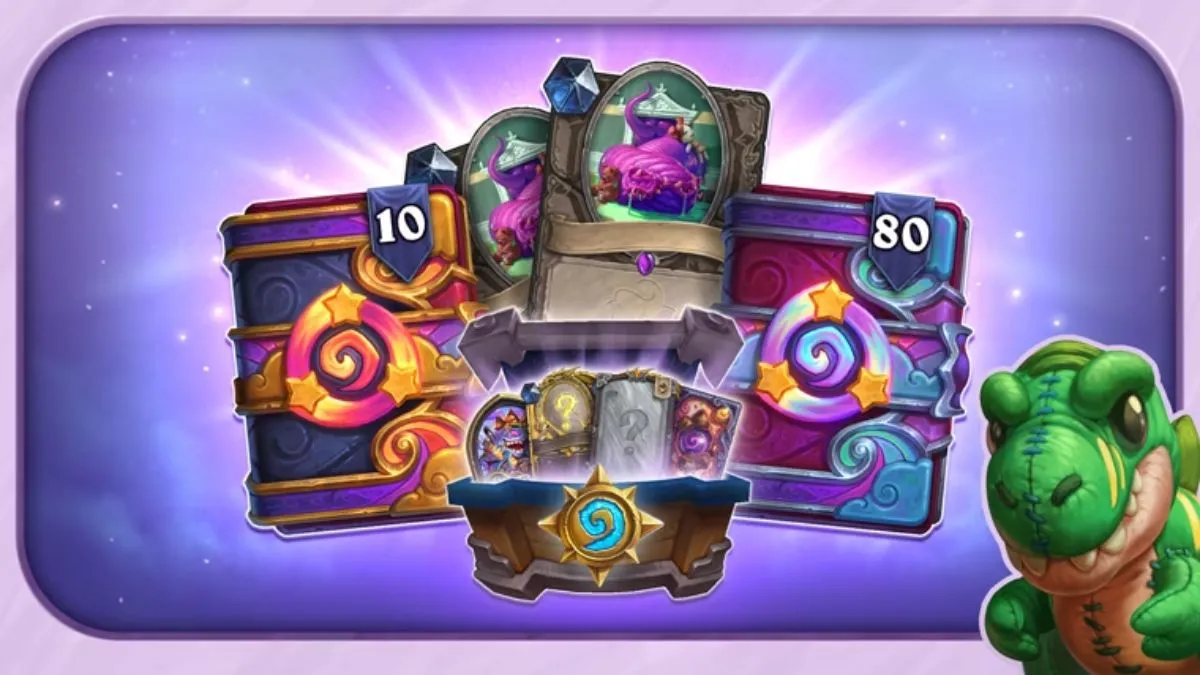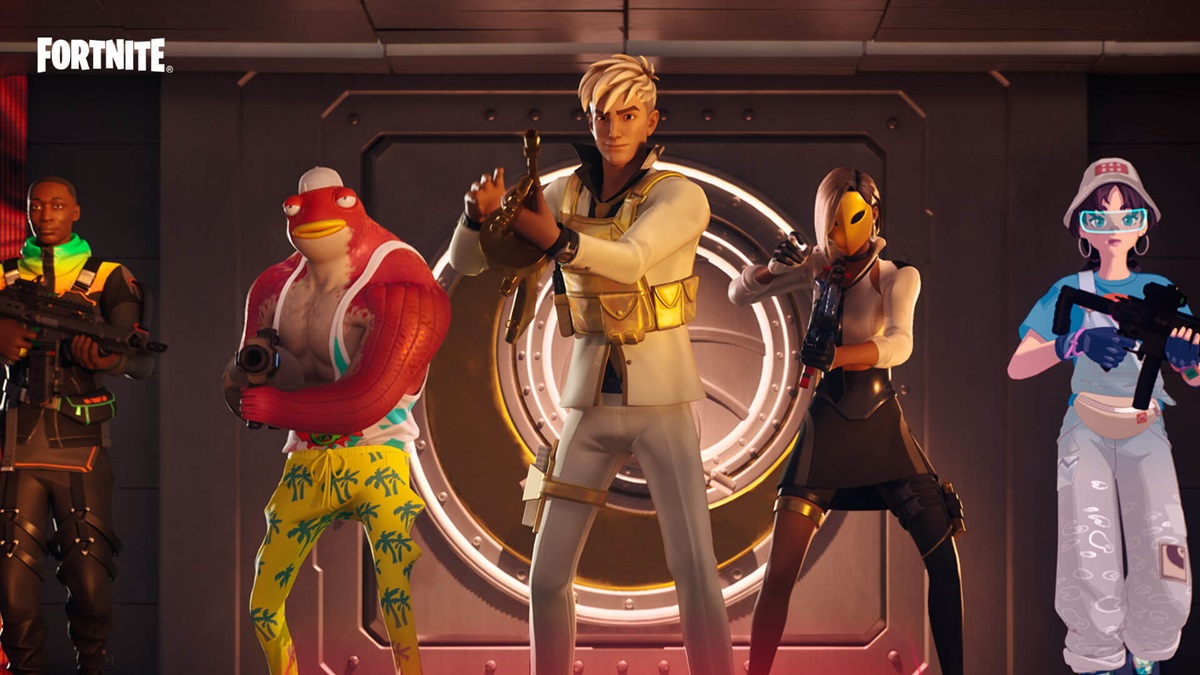Electronic Arts’ Peter Moore has claimed that consumers are afraid to embrace digitally distributed games because of incidents like the famous “PSN hack,” asserting this as part of the reason for retail’s dominance of the market.
“A lot of our consumers don’t own credit cards. A lot of our consumers are still afraid of what happened to the PlayStation Network when 77 million accounts were accessed by Anonymous in 2011,” he recently said in a talk. “A lot of our consumers prefer to go into retail buy those Xbox Live or PlayStation Network cards, and retail gets a very strong margin on that. For retail, if they can evolve to be not just a physical media purveyor, but a digital media purveyor, it’ll play a very strong role in our business going forward.
“The other key thing is selling digital content on the day of launch … When we sold Mass Effect 3 back in March, we saw a 40% attach rate that first week to DLC at GameStop in the United States. Not only are you selling a $60 game … you’re selling $20 DLC, so the sale becomes $80.”
EA is quite happy to deal with GameStop, according to Moore, but he seems to fail to see how that also provides a barrier to digital distribution. I said earlier this week that publishers won’t provide competitive services when it comes to buying games directly from them, so it’s hardly surprising that retail still has so much influence. It makes more monetary sense for the consumer to stick with physical games right now.
As for the “We made $80 on this $60 game” comment, well … that’s just EA in a nutshell, really. It’s also part of the very reason why digital is being held back. This is the attitude of the modern publisher. To charge more on top of already high prices. They don’t know how to be competitive anymore, they just know how to ask for more cash.
Retail plays an essential role even as games go digital, says EA’s Peter Moore [Gamasutra]




